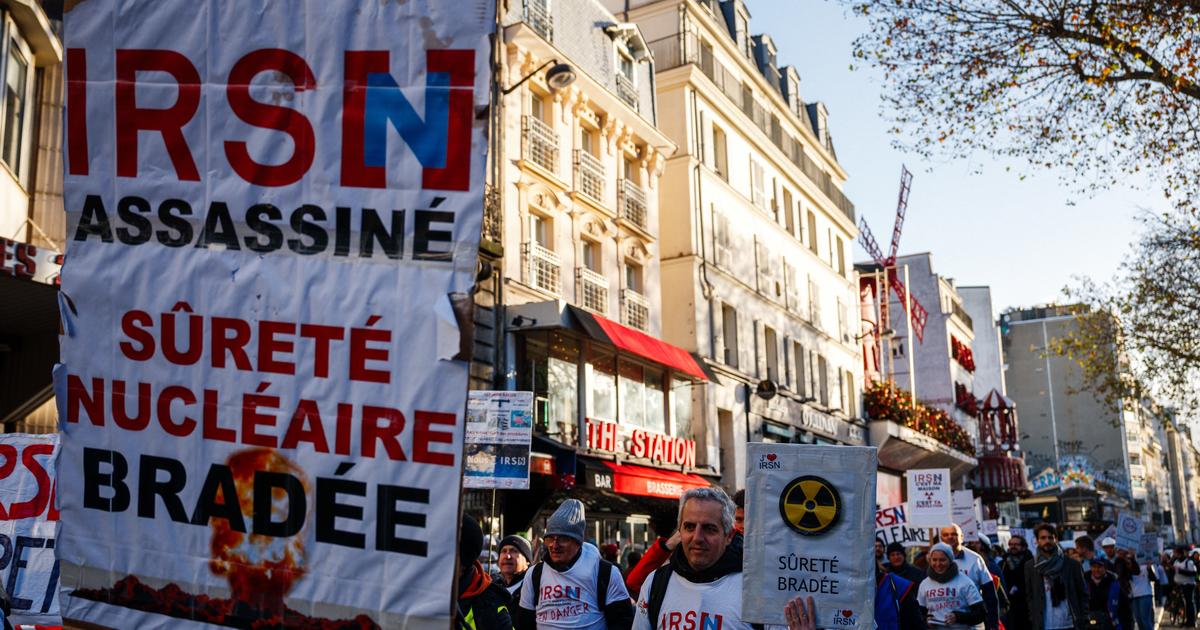It is not the same to be in La Moncloa as in the opposition. And PSOE and Podemos, government partners now, have verified it in their flesh with the nuclear power plants. For years, when the PP was in government and maneuvered so that the nuclear power plants could exceed four decades of operation - the so-called design life of these facilities -, both leftist formations led the congress and their electoral programs the resounding opposition that that border of 40 is exceeded. If both parties had fulfilled that promise, the oldest and most powerful of the five Spanish power plants, Almaraz, located in the province of Cáceres, would have to disconnect its oldest reactor in 2023; the other, the newest, should stop the following year. But at the beginning of the month the Official State Gazette published an order from the Ministry for Ecological Transition that allows the two reactors to exceed 40 years of life and continue to operate until 2027 and 2028.
The 40-year-old is a debate that occurs in almost all the countries where there are power plants —31 in total. At the moment there are about 450 active reactors on the planet, of which 147 - located in 13 countries - have obtained permits to operate beyond four decades, as defended by Foro Nuclear, the employer's association of this sector in Spain. This does not mean that all governments follow the same path. Germany is the most well-known opposite case: it will close all its plants between 2021 and 2022 without even reaching 40.
If PSOE and Podemos had kept the promises they made when they were in opposition, Spain would say goodbye to nuclear energy - which now contributes around 20% of electricity - in 2028, when the two most modern of the five plants would close Spanish, Vandellòs and Trillo. But in January 2019, the current fourth vice president, Teresa Ribera, agreed with the electricity companies - Iberdrola, Endesa and Naturgy, owners of the nuclear power plants - on a closure schedule. The agreement set a closing date for each of the five facilities, something that had never been agreed with the electricity companies. The plants could exceed 40 years, but not reach 50. And the complete closure will take place in 2035.
Ribera has defended on occasion that this renunciation of the promise of total closure at 40 was made in exchange for achieving for the first time a clear "horizon" agreed with the electricity companies that allows energy planning in the country.
In addition, they defend from the Government, the pact achieved a position of understanding between Iberdrola - which has been publicly in favor of getting rid of its plants shortly because they are not profitable - and Endesa - which in its accounts establishes 50 years of life as the term of amortization for the plants in which it participates—. The problem is that both electricity companies, which had opposing positions, share a shareholding in almost all the nuclear plants in the country. The pact with Ribera, therefore, assumed a position of consensus between them.
The closing schedule was reached in January 2019, when the PSOE ruled alone. After the last elections, Podemos entered the Government and until last May this formation continued to ask the Ministry for the Ecological Transition not to grant the authorization that was finally published in the BOE at the beginning of August. "This is an issue that was already fixed between the PSOE and the electricity companies when we arrived," says Juan López de Uralde, a deputy for United We Can. "But it is true that we have not wanted to force this matter," adds López de Uralde. Despite everything, this deputy, historically linked to the environmental movement, maintains that his formation continues to defend that renewals of operating authorizations such as the one Almaraz has received are not granted.
That protocol closed in 2019 with the electricity companies does not have a legal shield, it has not been included in a law or a decree, with which some fear that a change of government could extend the life of the power plants beyond 2035. But López de Uralde believes that "the nuclear closure is now irreversible" in Spain. The loss of profitability of this activity - the renewals of the authorizations are conditioned to the realization of millionaire investments to improve the safety of these facilities - is the main threat to nuclear energy now, as sources in the same sector admit. In addition, the electricity companies have been complaining for years about the taxes and fees they must pay for their activity. "It is no longer profitable," insists the deputy from United We Can.







